Home>Interior Design>How Often Should You Clean Your Shower? Experts Advise


Interior Design
How Often Should You Clean Your Shower? Experts Advise
Modified: March 1, 2024
Maintaining a clean shower is essential for a hygienic interior design. Discover expert advice on how often you should clean your shower to ensure a pristine and inviting bathroom space.
(Many of the links in this article redirect to a specific reviewed product. Your purchase of these products through affiliate links helps to generate commission for Storables.com, at no extra cost. Learn more)
Introduction
When it comes to maintaining a clean and hygienic living space, one area that is often overlooked is the shower. Many people assume that the constant flow of water during each use is enough to keep the shower clean. However, this couldn’t be further from the truth. Regular cleaning of your shower is essential to prevent the buildup of soap scum, mold, and mildew, ensuring a healthy and visually appealing space.
Shower cleaning goes beyond just the aesthetic aspect. It is important to understand that the warm and moist environment of the shower provides the perfect breeding ground for bacteria and other harmful microorganisms. Neglecting regular cleaning can lead to unpleasant odors and even health issues such as respiratory problems and skin irritations.
The frequency at which you should clean your shower depends on various factors, including personal hygiene habits, the number of occupants using the shower, and the quality of your water supply. In this article, we will delve into the factors that affect the frequency of shower cleaning, provide expert recommendations, and offer tips and tricks for effective shower cleaning.
By following these guidelines, you can ensure that your shower remains a clean and inviting space for you and your family.
Key Takeaways:
- Regular shower cleaning is crucial for maintaining a visually appealing and hygienic bathroom space. Factors like usage, water quality, and personal habits influence the cleaning frequency, so it’s important to adapt your routine accordingly.
- Signs such as visible buildup, unpleasant odors, and decreased water pressure indicate the need for immediate shower cleaning. Following expert recommendations and employing effective cleaning techniques will help maintain a sparkling and inviting shower space.
Importance of Regular Shower Cleaning
Regular shower cleaning is crucial for several reasons. Firstly, it helps to maintain a clean and visually appealing bathroom space. Over time, the accumulation of soap scum, mineral deposits, and grime can make your shower look dirty and uninviting. By cleaning your shower regularly, you can prevent the buildup of these substances and keep your bathroom looking fresh and sparkling.
Furthermore, regular shower cleaning is essential for maintaining good hygiene. The warm and humid environment of the shower provides an ideal breeding ground for bacteria, mold, and mildew. These microorganisms can lead to unpleasant odors and pose health risks. Regular cleaning helps to eliminate these harmful substances and helps in preventing the spread of germs.
Another key benefit of regular shower cleaning is the prevention of hard water stains. Hard water contains high levels of minerals like calcium and magnesium, which can leave behind stubborn stains on shower surfaces. If left unattended, these stains can become difficult to remove and can give your shower an unsightly appearance. Regular cleaning will help to prevent the buildup of hard water stains and keep your shower looking clean and shiny.
Not only does regular shower cleaning enhance the aesthetics and hygiene of your bathroom, but it also extends the lifespan of your shower fixtures. Soap scum and mineral deposits can cause damage to showerheads, faucets, and other fixtures, leading to reduced water flow and performance issues. By cleaning your shower regularly, you can prevent these issues and ensure that your fixtures function properly for years to come.
Overall, regular shower cleaning is essential for maintaining cleanliness, hygiene, and the longevity of your bathroom. It helps to prevent the buildup of soap scum, mold, and hard water stains, and eliminates bacteria and other harmful microorganisms. By incorporating shower cleaning into your cleaning routine, you can create a welcoming and healthy space for you and your family.
Factors that Affect the Frequency of Cleaning
The frequency at which you should clean your shower can vary based on several factors. Understanding these factors will help you determine the appropriate cleaning schedule for your specific situation. Here are some key factors that can affect the frequency of shower cleaning:
- Usage: The more frequently the shower is used, the more often it will need to be cleaned. If you have a large family or live in a shared household, the shower will likely accumulate dirt, soap scum, and bacteria more quickly. In such cases, it may be necessary to clean the shower on a weekly or even bi-weekly basis.
- Water Quality: The quality of your water supply can also influence the cleaning frequency. Water with high mineral content, known as hard water, can leave behind deposits and stains on your shower surfaces. If you have hard water, you may need to clean your shower more frequently to prevent the buildup of these mineral deposits.
- Personal Hygiene Habits: The personal hygiene habits of the individuals using the shower can impact the cleaning frequency as well. For example, someone who uses a lot of hair products or body oils may find that their shower requires more frequent cleaning to remove residue and prevent build-up.
- Climate and Ventilation: The climate and ventilation in your bathroom can also play a role in how often you need to clean your shower. In humid climates or bathrooms with poor ventilation, mold and mildew are more likely to thrive. If you notice signs of mold or mildew, it’s important to clean your shower promptly to prevent further growth.
- Maintenance and Prevention: Regular maintenance and preventive measures can also affect the cleaning frequency. Applying a protective coating or sealant to your shower surfaces can help repel dirt and grime, making it easier to clean. Additionally, wiping down the shower after each use and ensuring proper airflow in the bathroom can help prevent the accumulation of soap scum and mold.
Considering these factors will give you a better understanding of how often you should clean your shower. It’s important to find a balance between maintaining a clean and hygienic space and avoiding excessive cleaning that may damage your shower surfaces. By being aware of these factors and adapting your cleaning routine accordingly, you can keep your shower in top condition.
Expert Recommendations for Cleaning Frequency
While there is no one-size-fits-all answer to how often you should clean your shower, experts in interior design and hygiene offer some general guidelines to help you establish a regular cleaning routine. These recommendations take into account factors such as usage, water quality, and personal hygiene habits. Here are some expert recommendations for cleaning frequency:
- Weekly Cleaning: For most households, a weekly cleaning routine is recommended to maintain a clean and hygienic shower. This frequency is suitable for moderate usage and normal water quality. It helps to stay on top of dirt, soap scum, and bacteria accumulation.
- Bi-Weekly Cleaning: If you have a smaller household or low usage of the shower, bi-weekly cleaning may be sufficient. This frequency is also suitable for households with good ventilation and low humidity, as it reduces the likelihood of mold and mildew growth.
- Monthly Cleaning: In some cases, monthly cleaning may be appropriate for showers that are rarely used or are in bathrooms with excellent ventilation. However, it’s important to closely monitor the shower for any signs of mold, mildew, or hard water stains, and adjust the cleaning frequency accordingly.
- As Needed Cleaning: Certain situations may require more frequent or immediate cleaning. For example, if you notice mold or mildew growth, or if your shower has hard water stains that are difficult to remove, it’s important to address these issues promptly. Similarly, if anyone in your household has a compromised immune system or allergies, more frequent cleaning may be necessary to maintain a healthy shower environment.
It’s worth noting that these recommendations are general guidelines, and you should adapt them based on your specific circumstances. Pay attention to the condition of your shower and adjust the cleaning frequency as needed. Remember, regular maintenance and preventive measures can also help extend the time between deep cleanings.
Ultimately, the goal is to keep your shower clean, hygienic, and visually appealing. By following expert recommendations and incorporating regular cleaning into your routine, you can ensure a pleasant and healthy showering experience for you and your family.
Signs that Indicate Your Shower Needs Cleaning
While following a regular cleaning routine is important, there are also certain signs that indicate when your shower needs immediate attention. These signs serve as indicators that dirt, grime, or bacteria have accumulated and require cleaning. Here are some common signs that indicate your shower needs cleaning:
- Visible Buildup: One of the most obvious signs that your shower needs cleaning is when you can visibly see a buildup of soap scum, dirt, or mineral deposits on the surfaces. This can make the shower look dull and unappealing.
- Unpleasant Odors: If you notice a lingering unpleasant smell in your bathroom, it is likely a sign that bacteria or mold is present. Showers can trap moisture, creating an ideal environment for these microorganisms to grow. Regular cleaning will help eliminate odors and prevent their return.
- Discolored Grout: Over time, the grout between tiles can become discolored due to the accumulation of dirt and grime. If you notice that the grout has turned darker or has visible stains, it indicates the need for a thorough cleaning.
- Mold or Mildew Growth: Mold and mildew thrive in moist environments, making the shower a prime spot for their growth. If you notice black or green patches in the corners, crevices, or on the shower curtain, it’s a clear sign that cleaning is needed to eliminate these harmful fungi.
- Decreased Water Pressure: If you’ve noticed a decrease in water pressure from your showerhead, it could be a sign that mineral deposits have built up inside. These deposits can restrict the water flow and negatively impact your showering experience. Regular cleaning can help prevent this issue.
- Increased Allergies or Respiratory Issues: If you or your family members have experienced an increase in allergies or respiratory issues, it could be due to the presence of mold, mildew, or other allergens in your shower. A thorough cleaning can help alleviate these symptoms and create a healthier environment.
It’s important to pay attention to these signs and take appropriate action to clean your shower when they appear. Ignoring them can lead to further problems and potentially impact your health and the condition of your bathroom. By addressing these signs promptly, you can maintain a clean and healthy shower space.
Clean your shower at least once a week to prevent soap scum and mold buildup. Use a non-toxic cleaner and a scrub brush to keep it sparkling.
Tips for Effective Shower Cleaning
Cleaning your shower doesn’t have to be a daunting task. With the right techniques and products, you can efficiently clean your shower and achieve sparkling results. Here are some tips to make your shower cleaning more effective:
- Preparation: Before you start cleaning, remove any personal items and clear the shower area. This will make it easier to access all surfaces and ensure a thorough cleaning.
- Ventilation: Open a window or turn on the exhaust fan in your bathroom to improve ventilation. Adequate airflow helps to prevent the growth of mold and mildew while allowing cleaning products to work effectively.
- Use the Right Products: Look for cleaning products specifically designed for shower surfaces. These products are formulated to tackle common issues like soap scum, hard water stains, and mold. Also, consider using natural cleaners like vinegar or baking soda for an eco-friendly alternative.
- Start from the Top: Begin your cleaning process from the top of the shower and work your way down. This prevents dirt, grime, and cleaning solutions from dripping onto already cleaned surfaces.
- Tackle the Grout: Grout can be a challenging area to clean. Use a grout brush or an old toothbrush along with a cleaning solution to scrub away any discoloration or buildup. For stubborn stains, apply a paste made of baking soda and water and let it sit for a few minutes before scrubbing.
- Address Soap Scum: Soap scum can be stubborn, especially on glass shower doors. Use a cleaning solution specially formulated for soap scum, or create your own by mixing vinegar and water. Spray the solution onto the scum and let it sit for a few minutes before scrubbing with a non-scratch sponge or brush.
- Don’t Forget the Showerhead: Mineral deposits can build up in your showerhead over time, affecting water flow. Remove the showerhead and soak it in a mixture of vinegar and water to dissolve the deposits. Scrub with a brush and rinse thoroughly before reattaching.
- Regular Maintenance: Incorporate regular maintenance into your cleaning routine to prevent the need for heavy scrubbing. Consider using a squeegee or towel to wipe down shower surfaces after each use. This helps to remove excess water and prevent the buildup of soap scum and mold.
- Protective Coatings: Apply a protective coating or sealant to your shower surfaces to help repel dirt, grime, and water spots. This extra layer of protection can make cleaning easier and prolong the time between deep cleanings.
- Proper Rinse: After cleaning, thoroughly rinse the shower surfaces with clean water to remove any residue from cleaning products. This will ensure that no harsh chemicals are left behind and leave your shower smelling fresh.
By following these tips, you can make your shower cleaning routine more effective and efficient. Remember to read and follow the instructions on cleaning products, and always test a small area before applying a new cleaner to ensure compatibility with your shower surfaces. With regular maintenance and proper cleaning techniques, you can keep your shower looking spotless and inviting.
Products and Methods for Shower Cleaning
When it comes to cleaning your shower, using the right products and methods can make all the difference in achieving a sparkling clean result. Here are some commonly used products and methods for effective shower cleaning:
Products:
- All-Purpose Cleaners: All-purpose cleaners are versatile and can be used on various surfaces in the shower, including tiles, glass, and chrome fixtures. Look for a cleaner that is specifically formulated for removing soap scum and hard water stains.
- Vinegar: Vinegar is an excellent natural cleaner that can effectively remove soap scum and hard water stains. Mix equal parts of white vinegar and water in a spray bottle and apply it to the surfaces. Let it sit for a few minutes before scrubbing and rinsing.
- Baking Soda: Baking soda is a mild abrasive that can help remove tough stains and odors. Create a paste by mixing baking soda with water, and apply it to areas with stubborn stains or grime. Scrub gently with a sponge or brush, then rinse thoroughly.
- Mold and Mildew Cleaners: Mold and mildew cleaners are specifically designed to tackle fungal growth in the shower. Look for a cleaner that contains ingredients like bleach or hydrogen peroxide to effectively kill mold and mildew.
- Grout Cleaners: Grout cleaners are formulated to specifically target and remove grime and stains from grout lines. Use a grout brush or an old toothbrush along with the cleaner to scrub the grout and restore its original appearance.
- Squeegees and Microfiber Cloths: These tools are great for regular maintenance and preventing water spots and soap scum buildup. Use a squeegee to wipe down shower surfaces after each use, and use microfiber cloths to dry and polish the surfaces thoroughly.
Methods:
- Spray and Soak: Spray cleaning solutions onto the surfaces and let them sit for a few minutes to allow the chemicals to break down dirt, soap scum, and stains. This allows for easier scrubbing and more effective removal of debris.
- Scrubbing: Use a non-scratch sponge, brush, or cloth to scrub the surfaces and remove dirt, grime, and stains. Pay special attention to corners, crevices, and hard-to-reach areas. For stubborn stains, apply more pressure or use an abrasive cleaner as needed.
- Rinsing: After cleaning, rinse the shower surfaces thoroughly with clean water to remove any residue and cleaning product remnants. This ensures that no chemicals are left behind and leaves your shower looking and smelling fresh.
- Preventive Measures: Incorporate regular maintenance techniques, such as wiping down the shower after each use and ensuring proper airflow, to prevent the buildup of soap scum, mold, and mildew. This can help reduce the frequency and effort required for deep cleanings.
- Protective Coatings: Consider applying a protective coating or sealant to your shower surfaces to create a barrier that repels water, dirt, and grime. This can make future cleanings easier and prevent the buildup of soap scum and stains.
Remember to always follow the instructions provided on the cleaning products for the best results. Additionally, test any new product or cleaning method in a small, inconspicuous area before applying it to the entire surface to ensure compatibility and avoid any potential damage.
By using the right combination of products and methods, you can effectively clean your shower and keep it looking fresh and inviting for a long time.
Conclusion
Regular cleaning of your shower is not only essential for maintaining a visually appealing bathroom, but also for ensuring a hygienic and healthy space. By understanding the importance of shower cleaning and the factors that influence the frequency of cleaning, you can establish a cleaning routine that suits your specific needs.
Expert recommendations suggest cleaning your shower on a weekly or bi-weekly basis to stay on top of dirt, soap scum, and bacteria accumulation. However, factors such as usage, water quality, personal hygiene habits, and climate can influence the cleaning frequency. It’s important to be mindful of these factors and adjust your cleaning routine accordingly.
Signs such as visible buildup, unpleasant odors, discolored grout, mold or mildew growth, decreased water pressure, and increased allergies or respiratory issues indicate the need for immediate cleaning. Addressing these signs promptly will help maintain a clean and healthy shower environment.
To ensure effective shower cleaning, follow tips such as proper preparation, ventilation, using the right products (such as all-purpose cleaners, vinegar, baking soda, and mold cleaners), and employing the right methods (spray and soak, scrubbing, rinsing, preventive measures, and applying protective coatings). These techniques will help you achieve a sparkling clean shower and prevent the buildup of soap scum, grime, and mold.
In conclusion, regular and effective shower cleaning is an essential part of maintaining a clean, hygienic, and visually appealing bathroom. By incorporating expert recommendations, identifying signs that indicate the need for cleaning, and following proper cleaning techniques, you can enjoy a fresh and inviting shower space for yourself and your family.
So, don’t neglect your shower when it comes to cleaning, and make it a priority in your cleaning routine. A little effort goes a long way in keeping your shower looking its best and ensuring a healthy bathing experience.
Frequently Asked Questions about How Often Should You Clean Your Shower? Experts Advise
Was this page helpful?
At Storables.com, we guarantee accurate and reliable information. Our content, validated by Expert Board Contributors, is crafted following stringent Editorial Policies. We're committed to providing you with well-researched, expert-backed insights for all your informational needs.
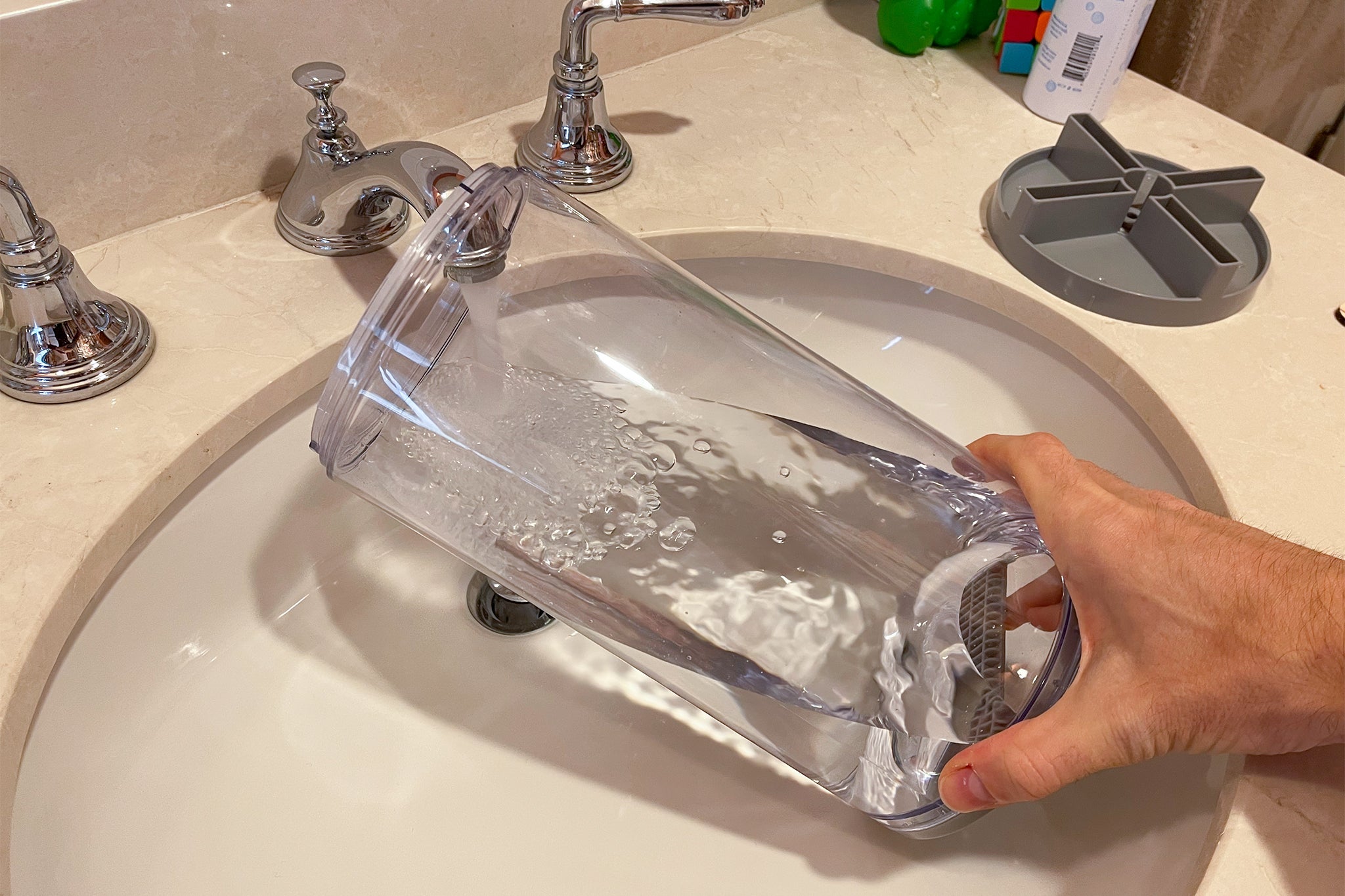
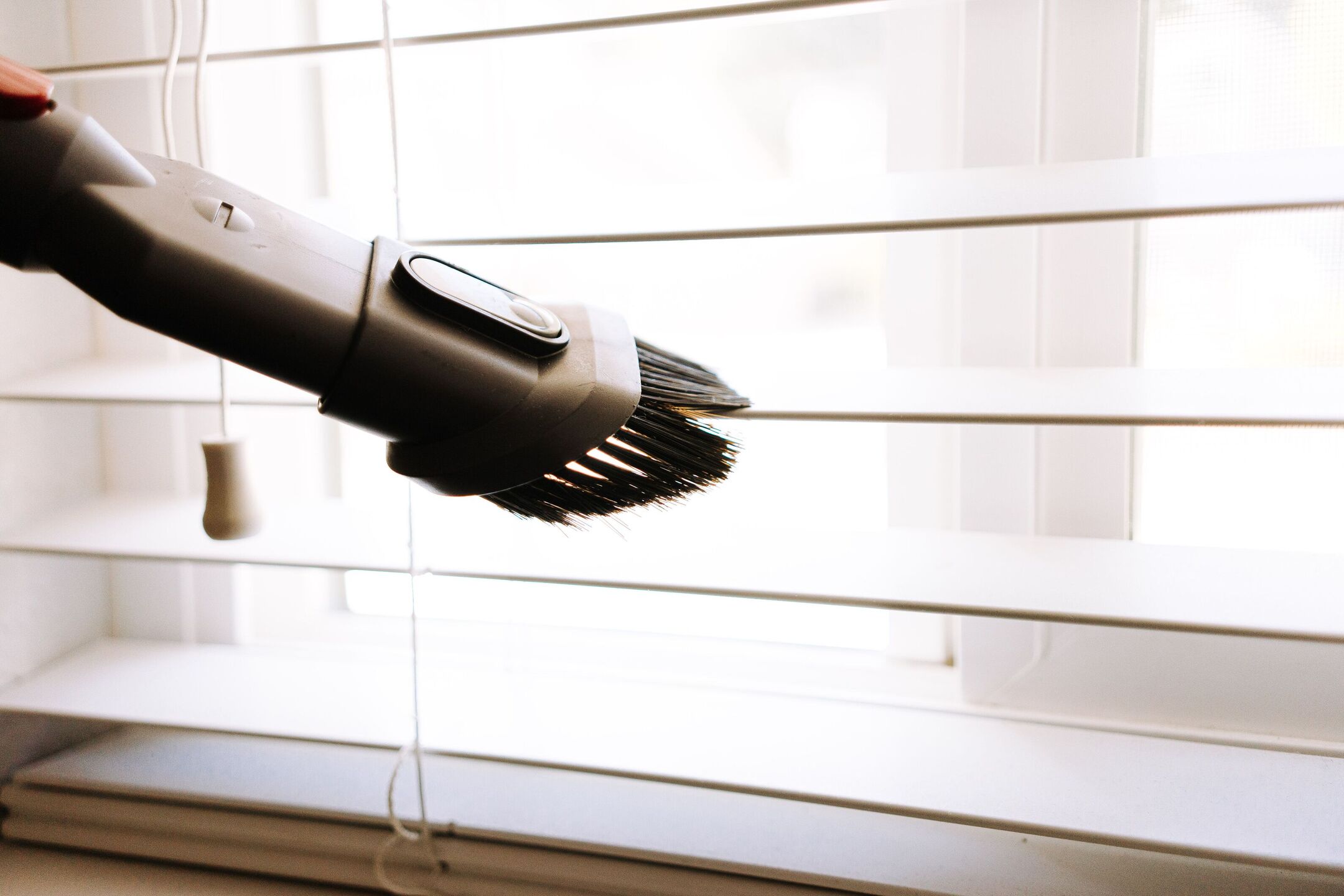

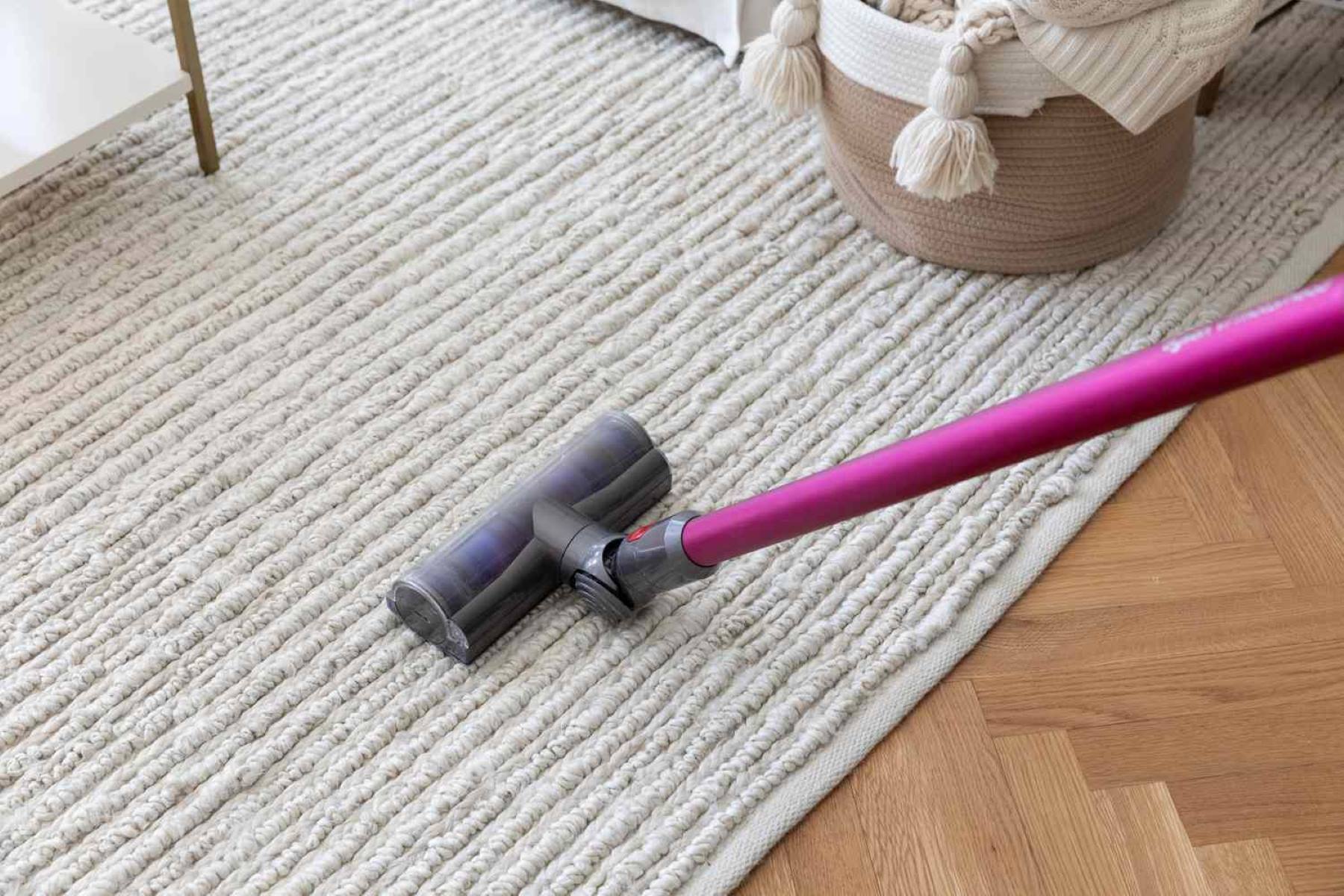
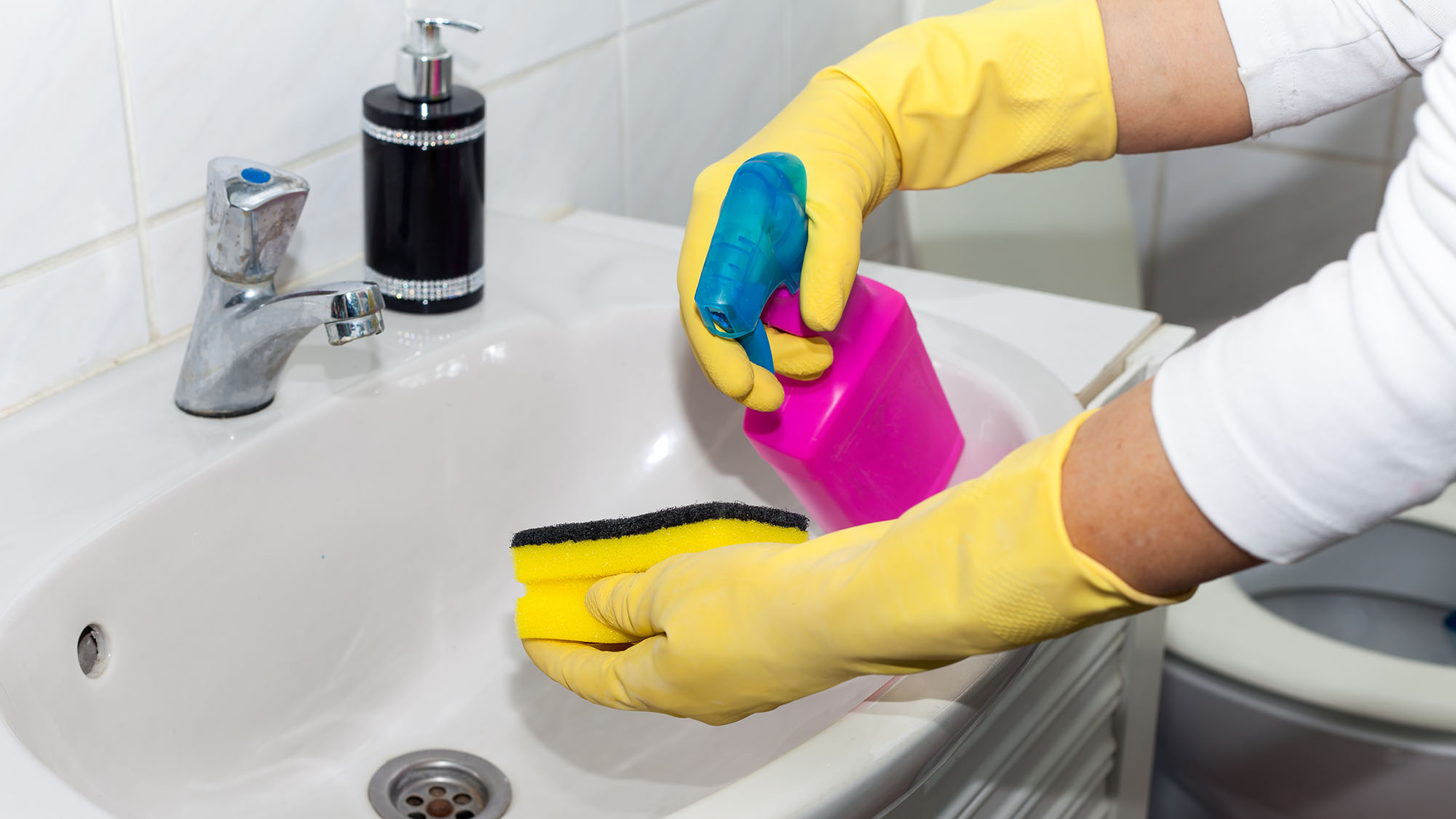
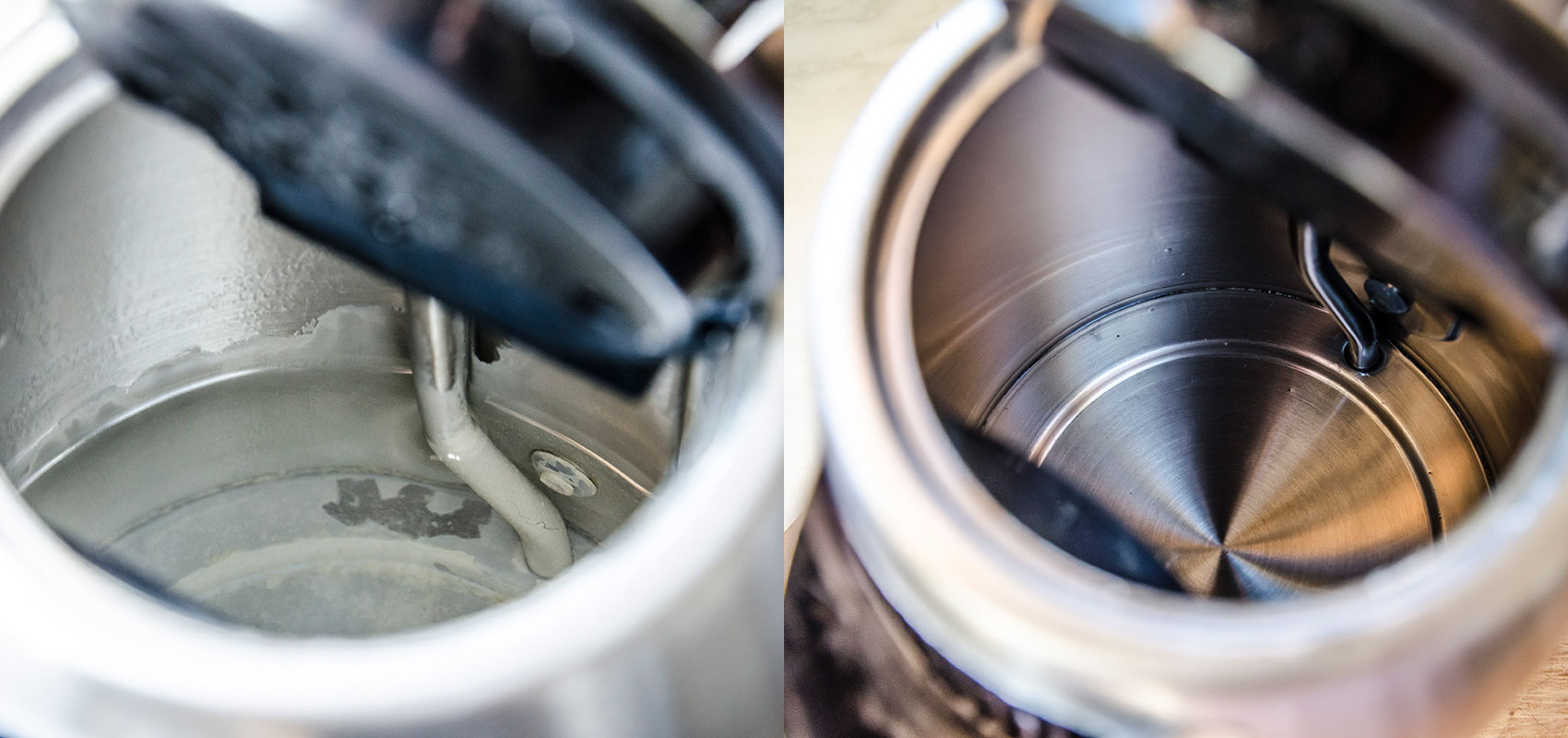

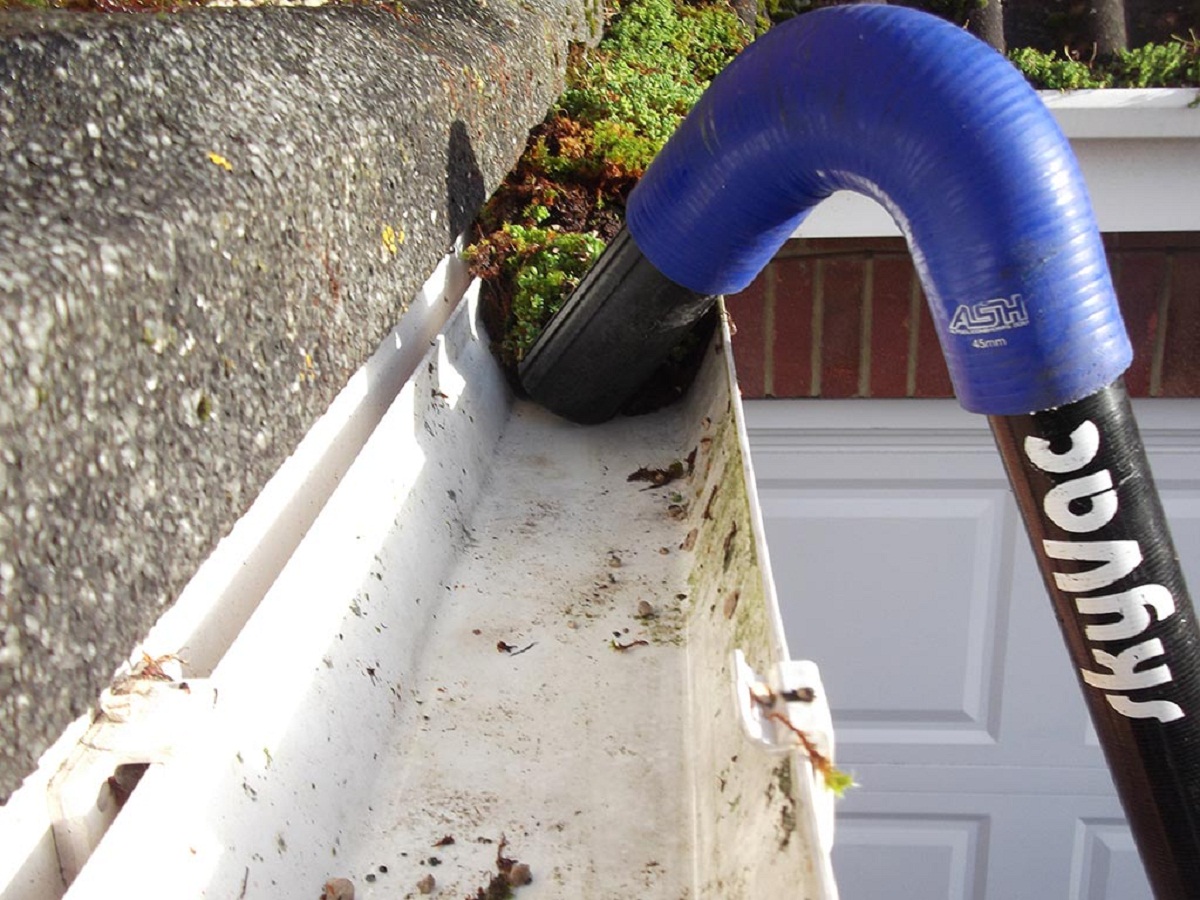
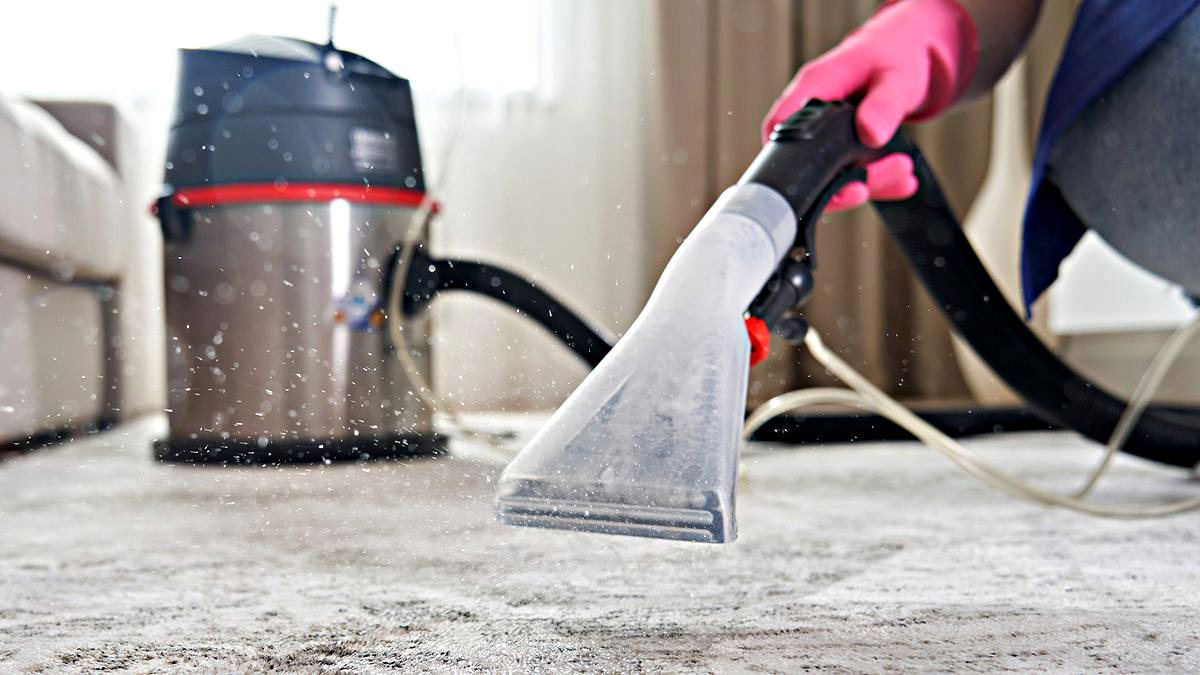
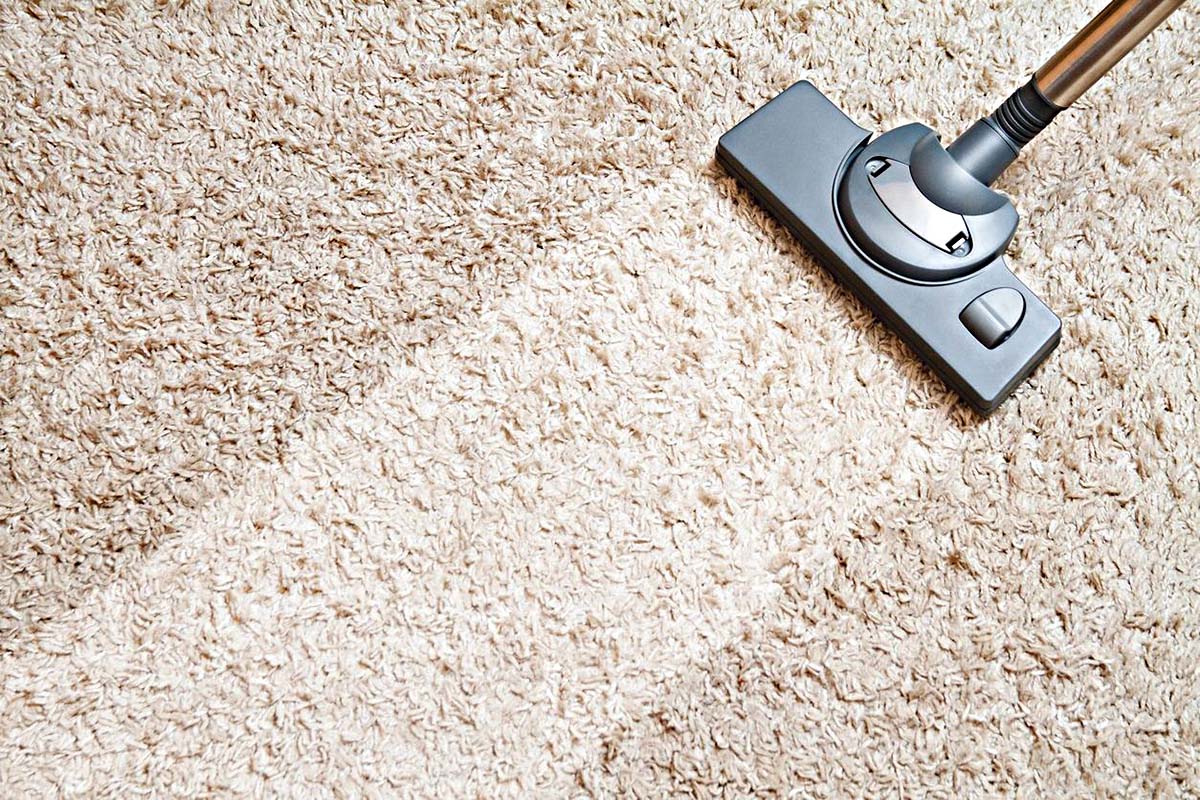

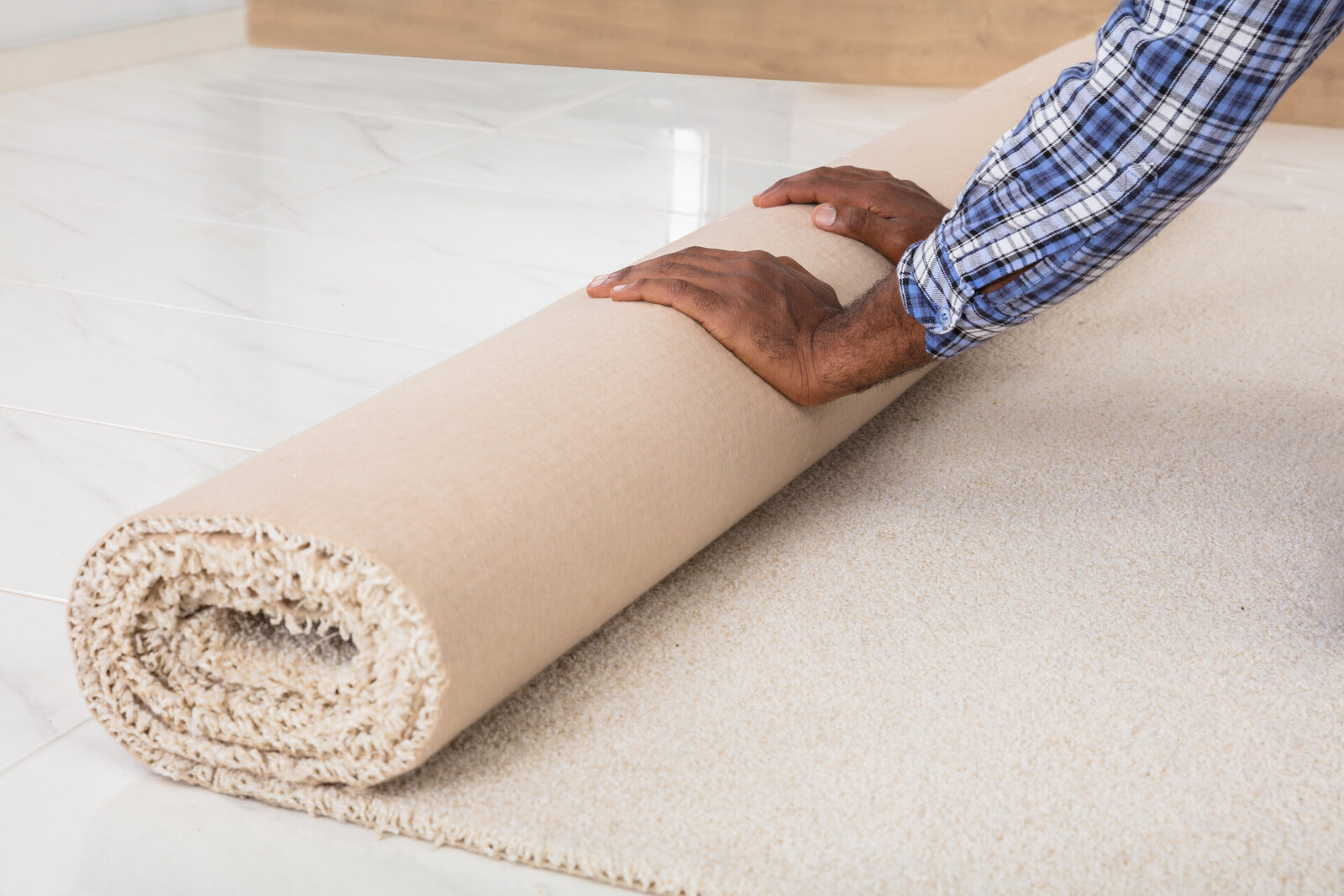


0 thoughts on “How Often Should You Clean Your Shower? Experts Advise”